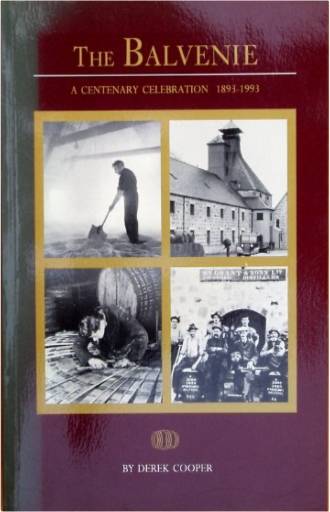 History of the Balvenie Distillery & its Scotch. 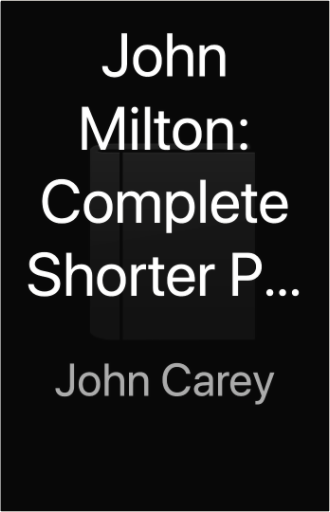 This edition contains all Milton's English poems with the exception of Paradise Lost, together with translations and texts of all his Latin, Italian and Greek poems. Since its first publication in 1968 John Carey's edition has established itself, together with Alastair Fowler's Paradise Lost (also published by Longman) as the standard edition of Milton's poetry for students and general readers alike. It has fuller explanatory notes than any other edition, and - a distinctive feature - a headnote to each poem to summarise the judgements and disagreements of modern critics. The headnotes of this updated Complete Shorter Poems concisely abstract some 700 articles and 70 books that, since 1968, have augmented the scholarly and critical debate about the greatest of England's non-dramatic poets. The result is not just an edition but a clear succinct guide through the rich but bewildering profusion of modern Milton scholarship. 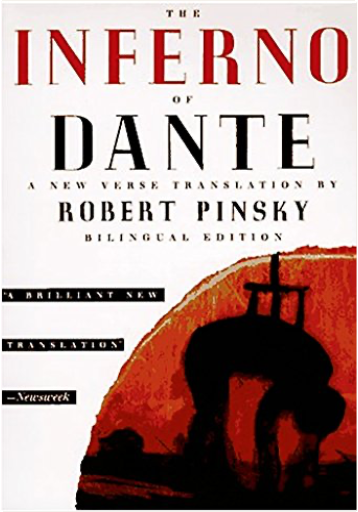 This widely praised version of Dante's masterpiece, which won the Los Angeles Times Book Prize and the Harold Morton Landon Translation Award of the Academy of American Poets, is more idiomatic and approachable than its many predecessors. Former U.S. Poet Laureate Pinsky employs slant rhyme and near rhyme to preserve Dante's terza rima form without distorting the flow of English idiom. The result is a clear and vigorous translation that is also unique, student-friendly, and faithful to the original: "A brilliant success," as Bernard Knox wrote in The New York Review of Books. 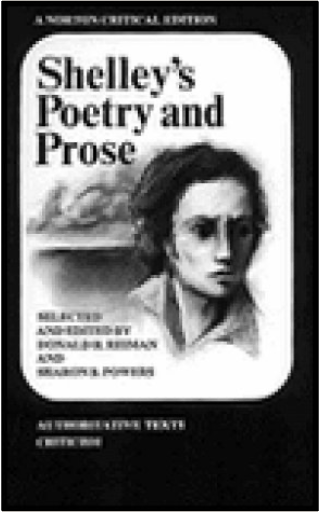 This volume contains one of the fullest, and certainly the most accurately edited, collections of Shelley's poetry and prose currently available. All the texts have been re-edited from primary sources especially for this edition. All the poems and prose pieces have been thoroughly annotated, with unusual diction defined and with all biographical, historical, topographical, and literary allusions identified (many of them for the first time anywhere). 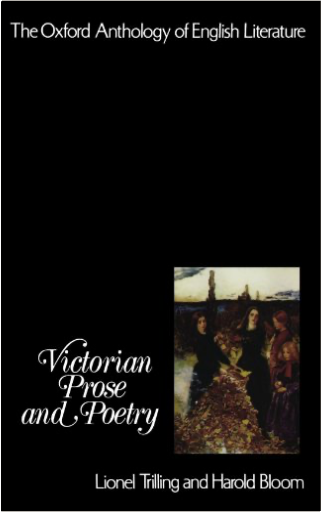 Presents selections from such authors as Thomas Carlyle, John Stuart Mill, Matthew Arnold, Robert Browning, and George Meredith. 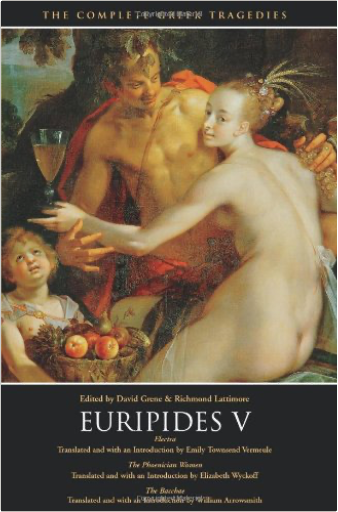 In nine paperback volumes, the Grene and Lattimore editions offer the most comprehensive selection of the Greek tragedies available in English. Over the years these authoritative, critically acclaimed editions have been the preferred choice of over three million readers for personal libraries and individual study as well as for classroom use. | 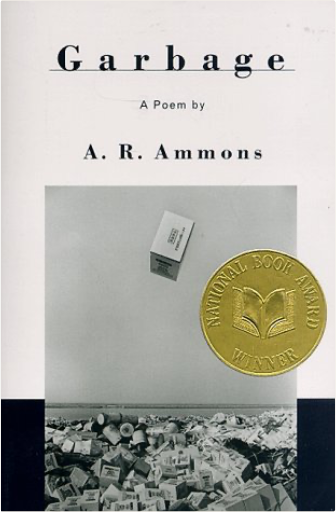 This poem provides a wealth of images taken from science and the world around us. 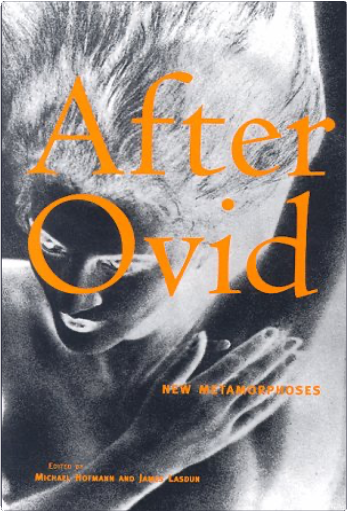 Ovid's Metamorphoses is one of the great works in classical literature, and a primary source for our knowledge of much of classic mythology, in which the relentless theme of transformation stands as a primary metaphor for the often cataclysmic dynamics of life itself. For this book, British poets Michael Hofmann and James Lasdun have invited more than forty leading English-language poets to create their own idiomatic contemporary versions of some of the most famous and notorious myths from the Metamorphoses. 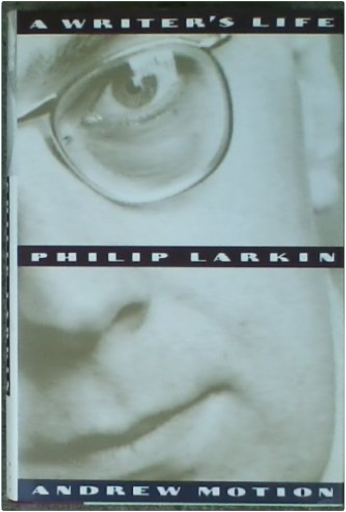 A biography of the poet discusses his friendships with other aspiring writers, painters, and musicians, his repressive family life, his need for affection and fear of the encroachment on his writing that marriage represented, and his work. 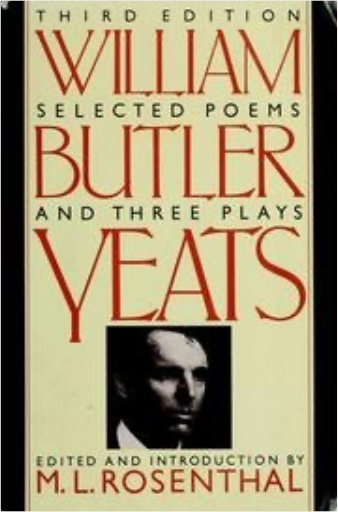 A revised and expanded edition of the classic volume of Yeats' work, including the play The Death of Cuchulain. 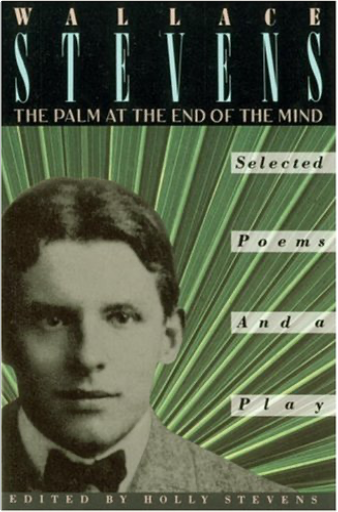 This selection of works by Wallace Stevens—the man Harold Bloom has called “the best and most representative American poet”—was first published in 1967. Edited by the poet's daughter Holly Stevens, it contains all the major long poems and sequences, and every shorter poem of lasting value in Stevens' career, including some not printed in his earlier Collected Works. Included also is a short play by Stevens, "Bowl, Cat and Broomstick." 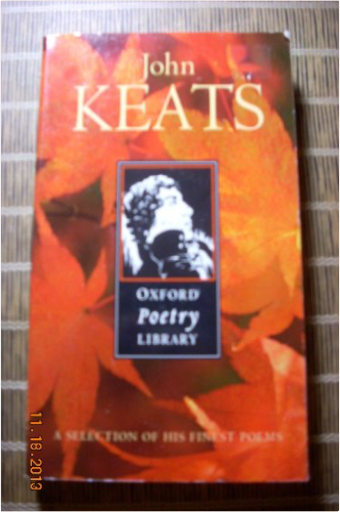 This is an entirely new selection of Keat's finest poetry containing all his best known work as well as a sample of less familiar pieces. Keats published three volumes of poetry before his death at age twenty-five of tuberculosis and, while many of his contemporaries were prompt to recognize his greatness, snobbery and political hostility led the Tory press to vilify and patronize him as a "Cockney poet." Financial anxieties and the loss of those he loved most had tried him persistently, yet he dismissed the concept of life as a vale of tears and substituted the concept of a "vale of Soul-making." His poetry and his remarkable letters reveal a spirit of questing vitality and profound understanding and his final volume, which contains the great odes and the unfinished Hyperion, attests to an astonishing maturity of power. 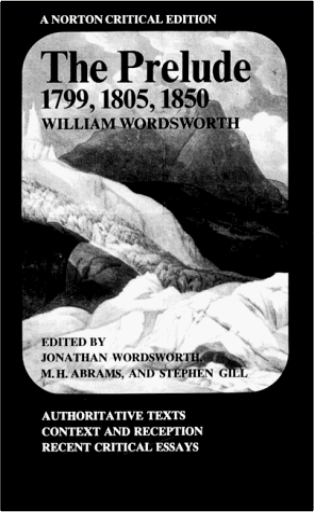 This volume is the first to present Wordsworth's great poem in all three of its forms. It reprints, on facing pages, the version of The Prelude that was completed in 1805, together with the much-revised work published after the poets death in 1850. In addition, the editors include the two-part version of the poem, composed in 1798-99. Each of these poems possesses distinctive qualities and values; to read them together provides an incomparable chance to observe a great poet composing and re-composing, throughout a long life, his major work.There are no fewer than seventeen manuscripts of The Prelude in the Wordsworth library at Grasmere. Working with these materials, the editors have prepared an accurate reading version of 1799 and have newly edited from manuscripts the texts of 1805 and 1850―thus freeing the latter poem from the unwarranted alterations made by Wordsworth's literary executors. The editors also provide a text of MS. JJ (Wordsworth's earliest drafts for parts of The Prelude) as well as transcriptions of other important passages in manuscript which Wordsworth failed to include in any fair copy of his poem. The texts are fully annotated, and the notes for all three versions of The Prelude are arranged so that each version may be read independently. The editors provide a concise history of the texts and describe the principles by which each has been transcribed from the manuscripts. |

library 101720
Collection Total:
1,127 Items
1,127 Items
Last Updated:
Oct 17, 2020
Oct 17, 2020
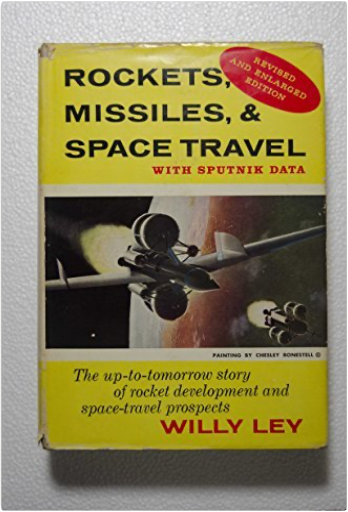

 Made with Delicious Library
Made with Delicious Library